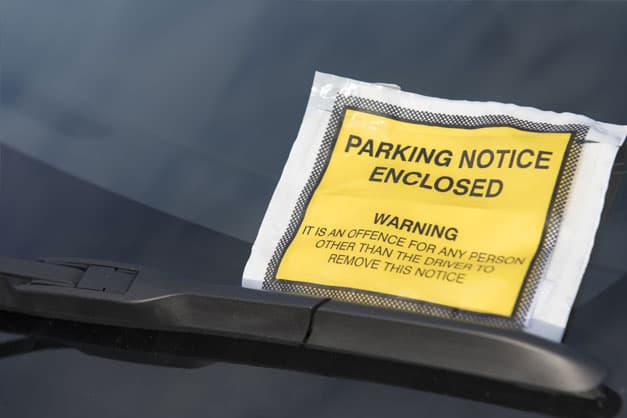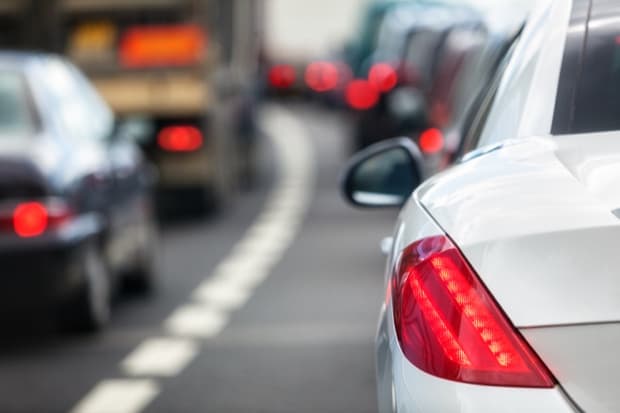Arnold Clark Vehicle Management explains everything you need to know about parking tickets and how to avoid getting them.
Fixed penalty notice (FPN)
Issued by police officers and are dealt with through the criminal justice system. A fixed penalty notice is also used for other offences like anti-social behaviour or littering. If you don’t pay within 28 days, you may get summoned to the magistrates’ court and the penalty will increase.
Penalty charge notice (PCN)
The most common parking ticket. It’s used by local authority parking attendants and is enforceable under the Road Traffic Act 1991. Like an FPN, if you don’t pay the fine, the amount you owe can increase and the debt may be passed on to the county court.
Watch out if you’re in any of these cities. Here’s the top cities in the UK where you’re most likely to get a parking ticket:- London
- Edinburgh
- Glasgow
- Birmingham
- Leeds
Double yellow line
It’s well known that you’re not allowed to park on double yellow lines. However, there are some exceptions for disabled blue badge holders who may be able to park on double yellow or red lines. In any case, you are allowed to stop on double yellow lines for as long as is reasonably necessary to pick up or drop off passengers, as long as there’s no restriction in force. You can sometimes park on a single red or yellow line unless, again, there are restrictions in place.
Parking with wheels on the pavement
You can’t park half on and half off the road. You might think you’re being helpful by trying to not block the road, but footway parking is still an offence. The official offence is that you're ‘parked with one or more wheels on or over any part of a road other than the carriageway’. Where footway parking is allowed, there should be signs to indicate the start and end of the non-restricted area.
Clamping
Clamping on private land is illegal in Scotland, England and Wales. In some cases, there may be by-law exceptions but there should be signage which clearly states this. These by-laws give some car parks at airports and railway stations the authority to privately clamp vehicles. If you find your car clamped you’re well within your rights to call the police (call 101 not the emergency line).
Pay attention to signs
It's the driver’s responsibility to check the signs and road markings to ensure the vehicle is parked correctly. Be careful - the nearest sign may not always be the right one for that particular space or area. To be on the safe side, we’d recommend you check any other nearby parking signs. Also, read an up to date copy of the Highway Code and make sure you’re familiar with the different parking symbols.
Read our article on finding cheap parking in the city here.



